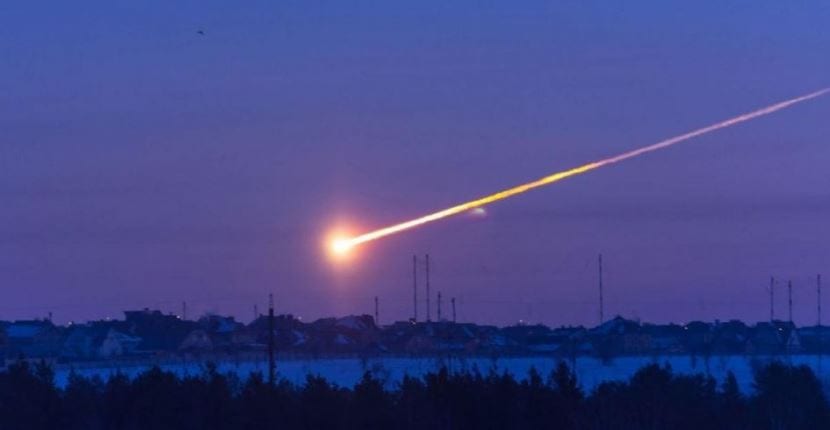
As they say 'Life is full of surprises'and this time we have to talk about a discovery that is, at least, unexpected and surprising. To put ourselves in a situation and get a better idea, tell you that this extraterrestrial material that has just been discovered, which stands out for its extreme hardness, was discovered on Earth by chance.
Going into a little more detail, as has been officially reported by different sources, apparently its discovery was as accidental as the fact that a mining prospecting company, back in 2015, while examining the Uakit River (Russia) found a mineral fragment that, because its experts could not determine its composition, was sent to analyze, believing that it could be gold.
They order an extraterrestrial mineral to be analyzed believing they had found gold
As you may be imagining due to the title of this post, the owner of the company that found the fragment in the river had to be very disappointed since it was far from gold. In the opposite case, we find geologists and experts in this type of material who literally rubbed their hands when verifying that what they had before them and were studying was nothing more than a rock belonging to a meteorite and, perhaps the most interesting part everything is that, its composition was totally unknown.
At this point, we must take into account what we mentioned at the beginning of this same post and that is that the mineral was discovered in 2015, so researchers from the Russian Academy of Sciences have needed several years to determine the exact composition of this particular 'piece of stone'. Without further delaying this information, tell you that apparently 98% of this mineral is composed of camacita, an iron-nickel alloy found only in meteorites.
As you can see, we are talking about a more or less common material of all meteorites but, if you realize in the percentage, there is still 2% of the same compound of several minerals also typical of meteorites. The most curious thing of all is that in that amount of 2% of material the researchers have managed to detect the presence of a mineral completely unknown so far, mime that has been officially baptized as uakita.

Uakite is a mineral whose hardness is similar in scale to that of vanadium nitrate
Unfortunately, and due to the size of the mineral found, we speak of a quantity of Uakite of just five micrometers, that is, about 25 times smaller than a grain of sand. Due to the fact that the proportion is so low, the researchers who have been working with this extraterrestrial mineral have not been able to determine its physical properties, although they do know that it is extremely hard, which suggests that it has been able to form under extreme conditions of both heat and Pressure.
As it appears in the paper officially published by the Russian team of researchers, apparently Uakita has a chemical composition very similar to that of the so-called mononitrates because it has a single nitrogen atom in its molecular structure. As a final detail, tell you that today mononitrates are often used as abrasives since they are all on a hardness scale very close to that of diamond without exceeding it. In the specific case of Uakita its hardness is very similar to that of vanadium nitrate and the closest thing that exists on Earth is a synthetic material known as boron nitrate.
At the moment the truth is that little is known about this type of material, neither its origin nor what we can do with it, although, as the current heads of the investigation have well assured, it will continue its course since, to date, so they have only managed to understand very little about this new mineral and there are still many possibilities even to achieve reproduce it artificially as in many other cases to continue with its study.
Will it be vibranium?